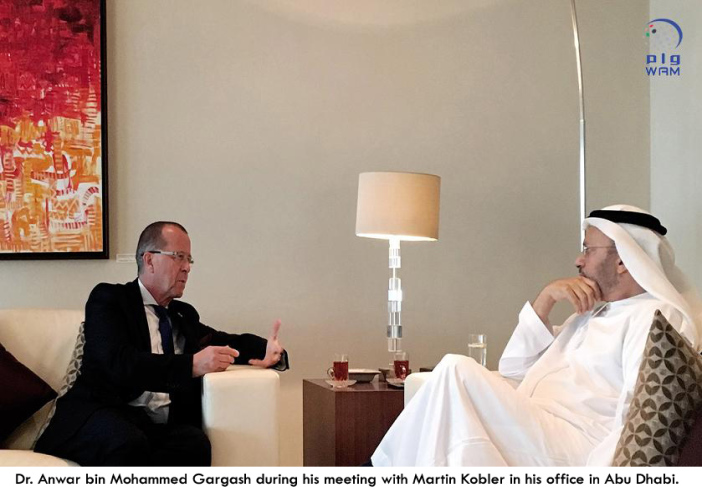By Sami Zaptia.
Malta, 24 October 2016:
Malta has a natural understanding of the Arab and the European world and can act as a neutral meeting space. With regards to the region’s problems of extremism, migration and unemployment, it is crucial that we talk about these issues with youth and not to them, Malta’s Foreign Minister George Vella said today. He said that his country could act as a catalyst to bring Mediterranean countries together in a period of turmoil.
Malta takes over the rotating presidency of the EU and it is hoped it can push these important agendas forward during its stewardship.
Vella was speaking at the third Mediterranean Forum of the Anna Lindh Foundation for intercultural dialogue held in Valletta, Malta 23-25 October, which Malta is co-sponsoring.
The Forum aims to accelerate and scale-up the impact and reach of intercultural action to counter forces fuelling polarization and extremism.
Panellist and Libyan woman activist Hajer Sharief, said that there is a need to take a long-term perspective on issues as well as solving the root causes of radicalisation and extremism. Sharief is co-founder of Libyan NGO ‘‘Together we build it’’ and a member of the Advisory Group for the Progress Study of the UNSC Resolution 2250 on Youth, Peace and Security.
Panellists said that Libya needed stabilizing but that that was going to be a tough and a difficult task. At the session ‘‘Moving beyond the extremist narrative: Youth on the frontline’’ panellists said that there is an alternative narrative to be put forward. Youth are the present and the future and are the agents for change.
It was agreed that there is a ‘‘global fight for hearts and minds’’ especially of the youth. This fight had to start with teachers at school teaching a new narrative of peace and human rights and preparing a generation for co-existence for ‘‘global citizenship’’.
Geopolitics were playing a negative role in regional conflicts which is making issues even more complex. It was important to understand the root causes of extremism and polarization. There is a need for integration, participation and tolerance and strong communication with youth.
Youth must also be seen as victims of extremism not just its agent. ‘‘No one is born a terrorist’’, the forum was told, as a recent Anna Lindh survey showed that aspirations of youth north and south f the Mediterranean were the same.
While the United Nations Security Resolution 2250 recognizes the role of youth in peace and security locally and globally, the forum was told that recognition alone was insufficient and that proactive NGO such as the Anna Lindh Foundation and those attending the Forum needed to come up with a global strategy for implementation.
The role of education was repeatedly underscored in achieving local and global security and peace. Youth under 2250 had to be consulted and integrated and had to be part of peace negotiations.
Tolerance of opposite views and talking alone is not enough as dialogue needs competencies. There was a concern expressed regarding the ‘‘closing of political space’’ for NGOs in some countries, such as Libya.
It was felt that only by allowing civil society to speak out against extremism and empowering governments to take action against extremism. It was also felt that Europe had the right to improve border security but not shut itself off and become isolationist. ‘‘Dialogue is soft power’’, Vella said.
Panellists felt that there needed to be visible results and that Malta’s six months EU presidency was vital to show that ‘‘bridges’’ between the north and south become ‘‘visible and effective’’.
#MedForum2016
@AnnaLindh









